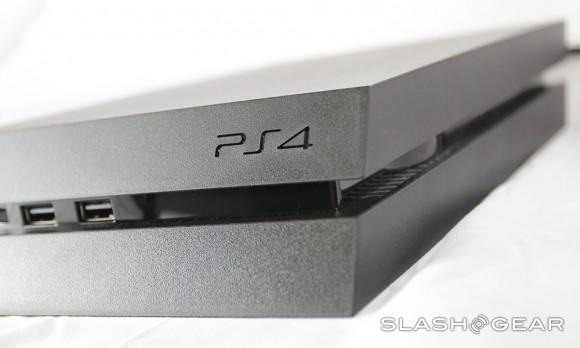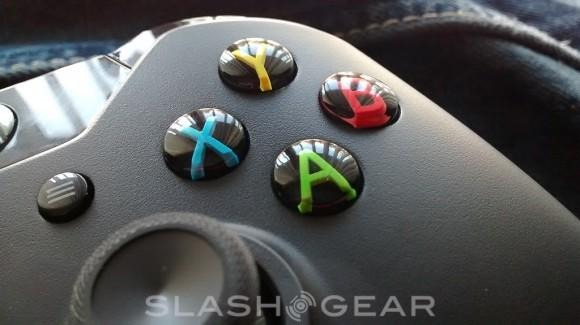Surprise - Sony And Microsoft Both Claim Next-Gen Console Victory
It's early days in the next-gen console war, with retailers struggling to keep either the Xbox One or the PlayStation 4 in stock for longer than minutes at a time, but that hasn't stopped both Sony and Microsoft from claiming sales victory from the same set of industry data. NPD's much-anticipated November sales stats have been released, and both gaming heavyweights are cherry-picking whichever paints them in the best possible light.
Ostensibly, Sony is in the stronger position, with the company claiming that the PS4 "made history" with its launch. The new PlayStation was the top-selling console in November, Sony points out, not to mention number one in sales overall for home consoles.
Sony had already announced sales of 2.1m units globally relatively early into its availability. The company also says that more than 20m minutes of live gameplay have been shared through Twitch and Ustream, made up of nearly 800,000 broadcasts and over 7.1m spectate sessions.

However, while you might expect Microsoft to skulk off with its tail between its legs at the NPD numbers, in fact the Xbox team is equally vocal. The Xbox One was the fastest-selling console on the market, Microsoft points out, with NPD numbers suggesting a total of 909,132 units were sold in the US in the first nine days.

In fact, during November, Xbox One sold almost three times the consoles as the Xbox 360 did at its November 2005 launch. Microsoft's other key highlights generally treat the Xbox division as a whole, with the Xbox 360 staying on sale alongside the Xbox One: when considered together, total spend on the Xbox platform as a whole – including software and accessories along with core Xbox hardware – reached $1.21bn in November, the most for any console in the US.
Xbox One console buyers are picking up on average 2.1 games per unit, Microsoft says.
Microsoft is also quick to point out that NPD's data only covers just over a week of availability, and both companies are settling in for the long haul: many high-profile titles will only arrive in 2014, after being delayed by their studios.
